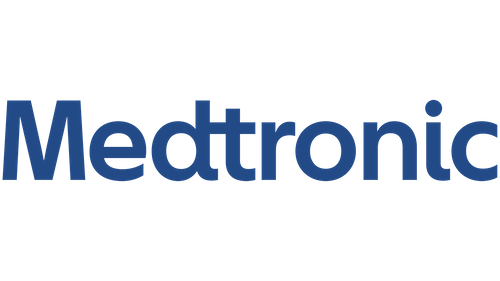
July 12, 2022 – Medtronic announced it has entered into a strategic partnership agreement with CathWorks, a privately held company headquartered in Kefar Sava, Israel, which aims to transform how coronary artery disease (CAD) is diagnosed and treated.
As part of the agreement, Medtronic will invest up to $75 million and immediately begin co-promotion of CathWorks’ FFRangio® System in the U.S., Europe and Japan, where it is commercially available. As part of a separate agreement, Medtronic will have the option to acquire CathWorks once certain undisclosed milestones are met. CathWorks will also have the right to compel Medtronic to acquire the company if Medtronic chooses not to exercise its option. The acquisition option agreement will expire in July of 2027, with an estimated acquisition of up to $585 million and potential undisclosed earn-out payments post-acquisition. Medtronic has held a minority investment in CathWorks since 2018.
Fractional flow reserve (FFR) is a diagnostic technique that evaluates the physiologic impact of coronary artery stenosis, making it an important part of the decision-making process when managing patients with CAD. While FFR is an important diagnostic tool, supported by strong clinical evidence,1 the nature of traditional FFR — which requires invasive measurements with wires and stimulation with hyperemic agents— has resulted in its underutilization. In contrast to traditional FFR, the FFRangio System combines artificial intelligence (AI) and advanced computational science to obtain quick and reliable FFR values from routine angiograms (X-rays), eliminating the need for drug stimulation and invasive pressure wires.
Backed by robust clinical evidence, FFRangio has demonstrated excellent diagnostic performance compared to wire-based FFR. According to clinical data published in the Journal of the American College of Cardiology (JACC): Cardiovascular Interventions, FFRangio showed diagnostic accuracy of 93%, sensitivity of 91%, and specificity of 94%.2 This non-invasive technology has the potential to disrupt and expand traditional FFR segments. Traditional FFR today is an approximate $750 million product segment that is growing at low-double digits.
